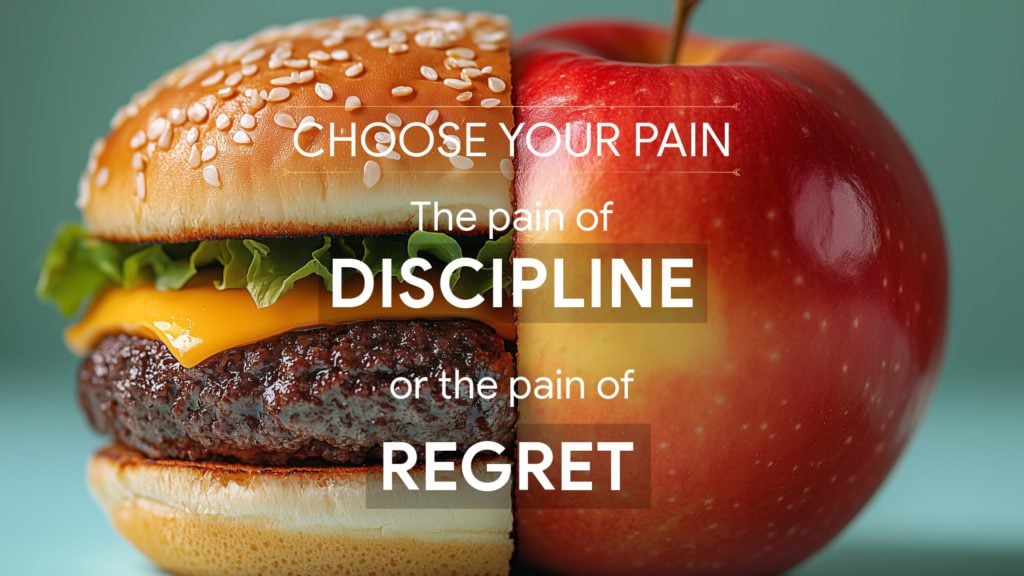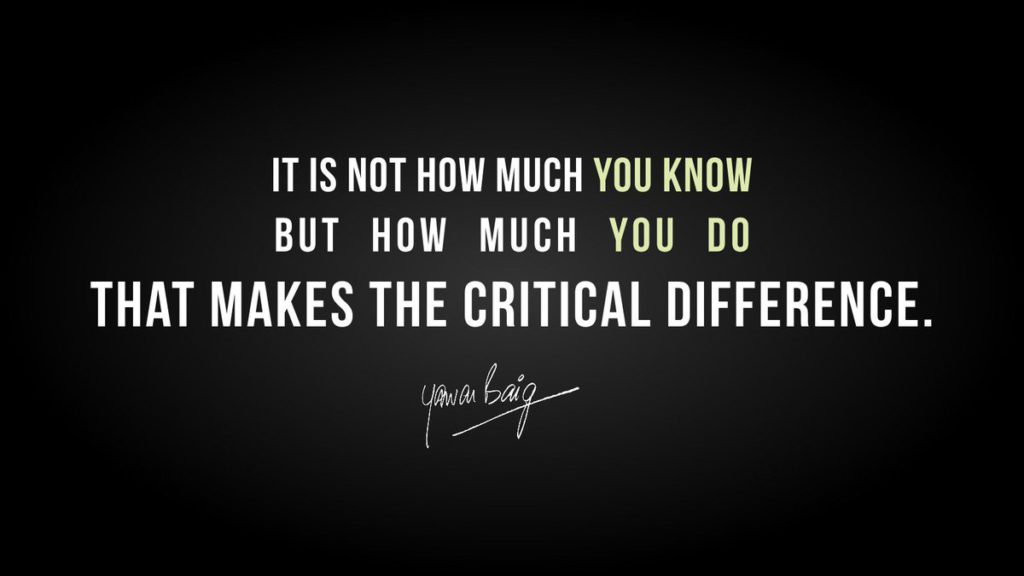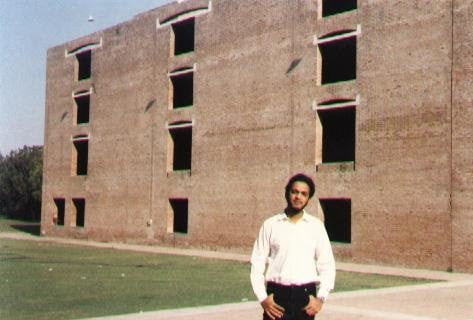You worked hard to apply to the college you wanted to join. You passed the exam, the interview and you got admitted. Maybe you even got a scholarship. You were excited, you made friends, you played sports, you partied, you joined different extracurricular clubs, you also studied. A year passed. Another year passed. Now you are in your third year, and you suddenly wake up to a nightmare when you ask yourself, ‘What have I learned until now which will get me a job?’ You panic and go to your advisor and ask what you should do. Which courses do you need to take, and which to drop? What should you do about the extracurricular activities that you are involved in and are very popular in them? And he tells you, ‘Do what you like.’ That is when you come to me, because you know that what you are hearing doesn’t sound right. It isn’t. It is wrong but understandable because people love those who tell them what they want to hear. Not what they may hate, but what they need to hear. So, here is what you need to hear and since I don’t care about being popular, get ready to hear some truths about life and about yourself.
The first thing to understand is that just like there are Fundamental Laws of Physics which describe and govern how the world runs, like the Law of Gravity, Law of Thermodynamics, Law of Aerodynamics and so on, there are Fundamental Laws of Success. And just like the laws of physics are independent of time and place, so also the laws of success are also independent of time and place. The Law of Gravity that operated when Ibn Firnas took to the air still operates on the A-380 or F-16. The Laws of Success that enabled Ibn Sina, René Favaloro, Mehmet I, Kobe Bryant, Mohammed Ali, and Salahuddin Ayubi to succeed still remain the same. Here they are:
1. What you like is immaterial. What you like doesn’t matter. It never did. What anyone in the world likes, doesn’t matter. But you have been fed this lie all your life until now, that somehow all decisions must be made based on what you like. This is how animals operate. They go for what they like. Nothing else. They don’t plan. They don’t postpone gratification. They don’t take pain today for the pleasure tomorrow. They do what they like without a thought about the consequences. That is animal behavior. That is not how a thinking human is supposed to behave. To succeed you need to do what is necessary, which is often not what you like to do. As Mohammed Ali, one of the greatest athletes of modern times said, ‘I hated every minute of training, but I said, ‘Don’t quit. Suffer now and live the rest of your life as a champion.’ And he said, ‘I don’t count my sit-ups. I only start counting when it starts hurting. When I feel pain, that’s when I start counting, because that’s when it really counts’. When asked what the most important part of his training was, he said it was ‘dodging the nightclubs and parties and girls… and being in bed by yourself at 9 o’clock at night’.
Kobe Bryant, when his team returned from a game that they had won, and everyone either went home or to celebrate, would go to the gym and for the next two hours, to practice the two shots that he had missed. To him, the fact that missing those shots had not affected the outcome of the game and his team had still won the game, didn’t matter. What mattered was for him to learn how to correct his mistake so that it could never happen again. He did it on his own, and not because anyone told him to. He said, ‘I can’t relate to lazy people. We don’t speak the same language. I don’t understand you. I don’t want to understand you’. Someone said, ’Hard work beats talent when talent is not working hard.’ There’s no substitute for hard work. To succeed you need to work very hard for an insanely long period of time. That is how you learn to work smart.
All this can be condensed into one word – FOCUS.

2. Focus requires a target, so write down your goal. Write it on paper with a pen. Not on a device. There is a positive correlation between physically writing goals and committing to achieve them. Now you can see how silly the advice, ‘Do whatever you like’ truly is. Imagine you asked me, ‘Which road should I take?’ And I answer, ‘Take whichever road you like.’ That would be insane, right. I should have said, ‘That depends on where you want to go. Where do you want to go?’ Once you state that clearly, I can advise you which road would be the best route for you. But without that, how can anyone answer your question about the road? Write down your goal. It all begins with that. Until you write the goal down it will all seem to be a mystery. Once you write it down, doors will open and the path will be clear.

3. Then write down what it will take to reach your goal. Take into account everything that is necessary and seek advice from others if you like. But write it all down. How much knowledge, influence, and money do you need? What technology, what network, what kind of team? How will you get each of these? The more detailed your plan, the easier it will be to execute it. So, take your time and plan well. But have a deadline by when you should complete the planning. There is such a thing as overthinking and analysis paralysis, and you don’t want to get caught in that.
4. Arrange that list as a flowchart with timelines showing what comes first and what next and how each stage is related to the other. Most importantly, write a time by when you need to complete each stage. If there are things to be done in parallel, indicate that. The flowchart is very important because it brings to the fore what differentiates a dream from a goal – a timeline. By when?
5. Then do a Gap Analysis. See where you need to be – your goal – and where you are now and determine what you need to do to bridge that gap. Then make a timetable. Print it out and stick it to your wall or wherever you can see it. And follow it religiously. That is the key to success – to follow the timetable without fail.
6. And finally, get off social media. All social media. Maybe keep one chat to make free calls. But get out of Instagram, Facebook, Snapchat, Twitter, everything. Listen, if you are using social media, if you are a consumer, then you are the product. Someone is using you for free, without your explicit consent, without compensation and without your awareness (or deliberate blindness) to become humongously wealthy. You are enabling it because of your addiction. Save yourself. Get off all of it. It is all a distraction and will sabotage your success as surely as the sun rises every morning. Get off means totally. Unsubscribe, uninstall, remove, delete, and forget. Those who love you will call you or write to you which is far better than anything else. Those who don’t, wont and that is even better.
Remember that excuses don’t change reality. It is as simple as that.
In conclusion let me share with you a personal story.
I started working in Guyana in 1979 in Kwakwani, a bauxite mining town on the bank of the Berbice River in the middle of the Amazonian rain-forest. I stayed there for five years and returned to India in 1983 and joined the plantation industry in the Anamallais, in South India. In the same year I decided to make a career as a Leadership Consultant. I wrote my goal as:
‘I will be a leadership consultant with a global practice and clients for whom I will be the natural and only choice.’

Writing this was easy. Achieving the first stage of it by launching my consulting practice took me 12 years of working every weekend, every vacation and spending every penny on learning consulting skills. Remember, at the time I started, I didn’t know that it would take me 12 years and investment of time, money and effort and the hard choices that I had to make. Maybe that was a good thing, because I am not sure if I would have had the courage to take the first step, if I had known the whole score in advance. During this period, I earned an Executive MBA (MEP from IIMA) from the premier business school in India, the Indian Institute of Management Ahmedabad. This happened in the year I got married, one month after our wedding. My wife spent that time with her parents, and I didn’t see or speak to her until I completed my course. That was not because I didn’t want to but because I didn’t have the money to travel or make an international telephone call. The pace was grueling. We worked 16 – 18 hours every day and 20 hours on weekends. We had surprise tests. We had CPs (Class Presentations) where we presented a concept or solution before the entire class and people delighted in taking our solution apart. If you survived that, the professor did the deed. But that was the price of being taught by the best minds in the world and having as classmates people you would pay to listen to. So, when in the middle of the course when they announced that we could have a week off to go home, everyone was delighted. Except me. My wife was in Leeds, England and I was in Ahmedabad without the money to go or even to make a telephone call. This was 1985. Long before chat apps and free calls. Everyone went home and I spent that week alone on campus. The dining hall staff, very kindly, cooked for me. The only people on campus were the gardeners, janitors, security guards, and professors who lived in campus housing. IIMA was empty and I was alone. But I was determined to succeed and so I stuck to my guns.

It took my life savings, I sold my car, took a loan, took leave without pay because I was in a full-time job otherwise, to pay the fees for the course. None of this was a surprise. My wife and I spoke about this and decided that I needed to do this if I wanted to be a consultant. In this case, the tough choices, and their cost was for both of us to bear. We did. Was this easy? Success is not easy. If you don’t want to pay the price of success, try failure.
Today, at age 70, I am recreating my career as a Confidential Advisor to Boards and Founders, bringing to bear and leveraging over 40 years of global experience in Leadership Development, Succession Planning, and Family Business Transformation across three continents.
This, in addition to wildlife photography, and writing; my two passions.
You ask, ‘What about retirement?’ I say, ‘What about it?
For more on the choices I made in my life, please read
https://yawarbaig.com/winning-is-a-personal-choice/
Choose wisely because it is your life that we are talking about.

Assalamoalikum Sheikh sahib..i always read yr post of X and find it very interesting.i see you love nature hence i would to invite you to zambia and show our natural parks with variety of wildlife.hope you except..jazk
Thank you Mirza ji. I found the advice most interesting and useful. Not sure if and in which way I could set new goals in life for self at 76, but how I could ask my grandson at 19 in college, to practice this.
I admire your forward relentless and positive attitude
Regards
Salil Dutt
Jaipur
Assalamualaikum
Shaikh sahab i request you to share your hour to hour work style so that it will be helpful to design our Day… specially HOUR TO HOUR
JAZAKAMULLAH KHAIR
Excellent advice, and all the points mentioned while being important, I feel the first two, focus and hard work and single minded discipline are the two most crucial.
First of all, hats off to you for “recreating” your career at age 70! That’s awesome! Your advice is sound. I fully agree. Wish I had the wisdom when I was younger. 🙂 However, I disagree, if I may, only on the interpretation of the advice “follow your passion”. I think that applies to the career path that a youngster is about to choose. In other words, you can only dedicate 100% of your energy in something that you are passionate about. Would Kobe have put that kind of effort and dedication if he was forced into engineering, for example?… Read more »